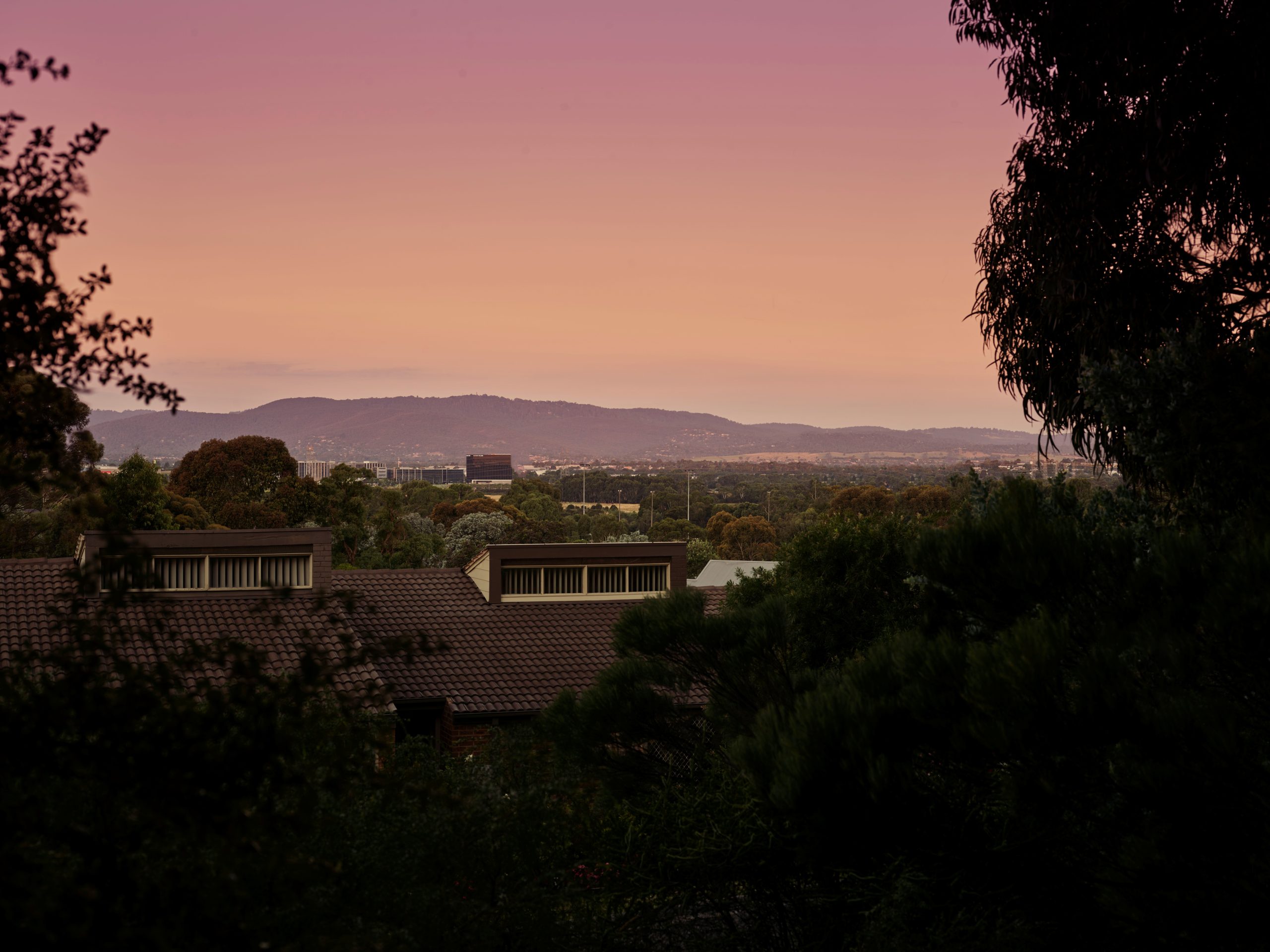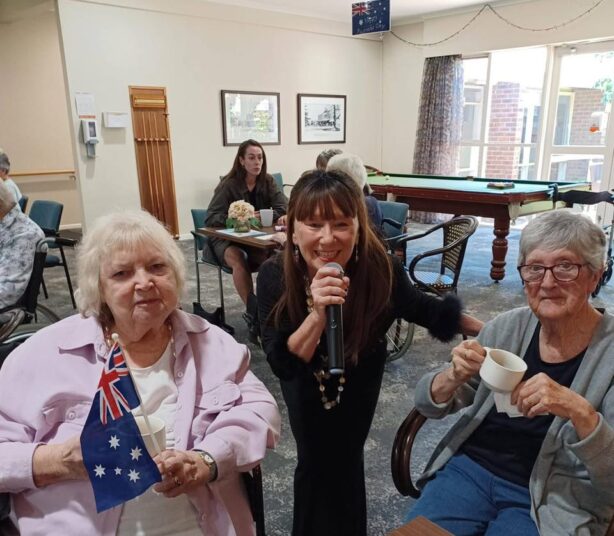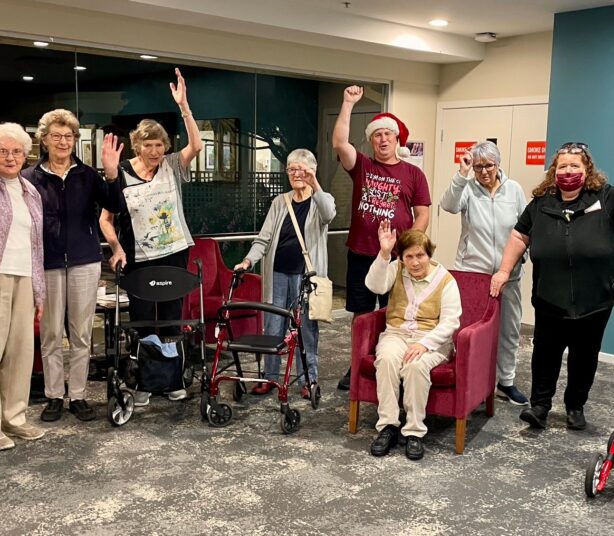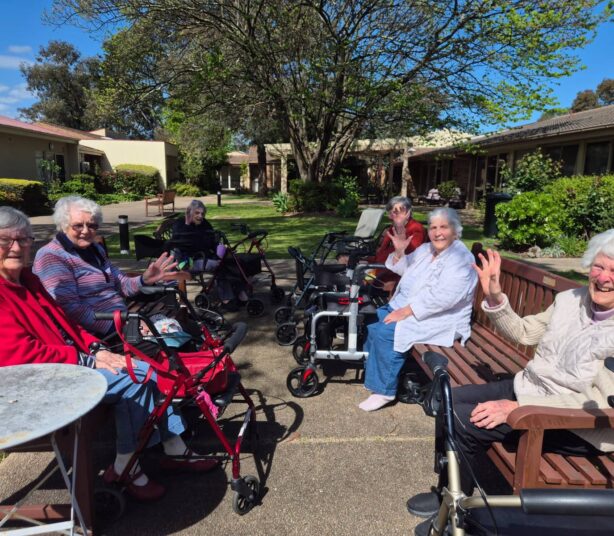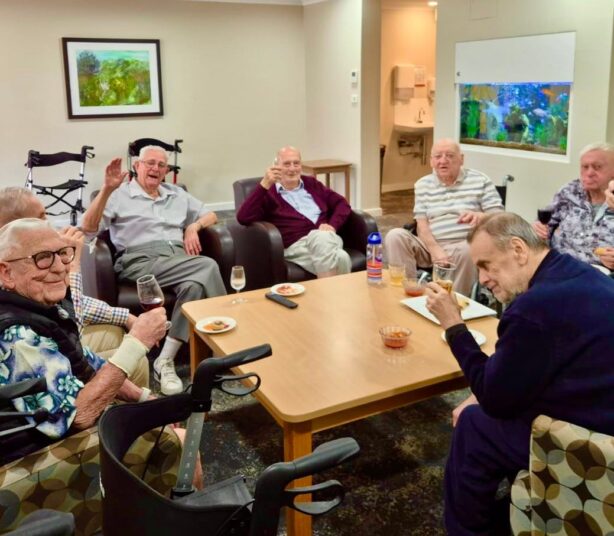When Home Feels Too Big: A Gentle Transition to Community Living in Melbourne’s South-East
The morning sun streams through the kitchen window of your family home in Melbourne’s leafy south-east, casting familiar shadows across the bench where you’ve shared countless cups of tea with friends over the years. Whether you’re in Wheelers Hill, Mulgrave, Glen Waverley, Mount Waverley, Notting Hill, Rowville, or Scoresby, the story is much the same. But lately, those shadows seem longer, and the quiet feels deeper. The house that once buzzed with family gatherings now echoes with the sound of your footsteps, and the garden that was once your pride and joy has become a source of worry rather than wonder.
If this resonates with you, you’re not alone. Across Melbourne’s south-eastern suburbs, from the tree-lined streets of Glen Waverley to the family-friendly neighbourhoods of Mulgrave, from the established charm of Mount Waverley to the community spirit of Notting Hill, many people over 70 are facing the same gentle realisation.
The Research Speaks: You’re Part of a Growing Movement
The latest Australian market research reveals remarkable growth in retirement village living. In 2024, the retirement village market reached $5.3 billion, representing a 3.44% increase from 2023. Currently, approximately 8% of Australians aged 75 or older live in retirement villages, with the average age of entry being around 75 years.
What’s particularly encouraging is that recent research published in Cambridge University’s Ageing & Society journal shows that retirement village residents demonstrate improved wellbeing profiles compared to their peers living independently in the community.
The South-East Melbourne Advantage: Community in Your Backyard
Living in Melbourne’s south-east, you’re already part of something special. You know the rhythm of Waverley Gardens Shopping Centre, the serenity of walking tracks through Jells Park, and the comfort of familiar faces at your local shops in Brandon Park or The Glen. You’ve likely explored the 9km of cycle paths around Wheelers Hill’s beautiful lake, attended community events at Monash Gallery of Art, or enjoyed the green spaces that make this corner of Melbourne so desirable.
Whether your roots are in the established streets of Glen Waverley, the family-friendly estates of Rowville, the village atmosphere of Notting Hill, or the leafy avenues of Mount Waverley, the thought of leaving this beloved part of Melbourne’s south-east can feel overwhelming.
But what if you didn’t have to leave? What if instead of losing your connection to this beloved part of Melbourne’s south-east, you could deepen it whilst gaining the support and companionship that makes life richer?
When the House Becomes a Burden, Not a Home
The four-bedroom house that once perfectly accommodated family holidays and grandchildren’s visits now presents daily challenges. The gutters need cleaning – again. The heating bills seem to grow larger each winter. The stairs to the second floor feel steeper, and the maintenance calls pile up faster than you can manage them.
These aren’t signs of failure; they’re natural signals that your needs have evolved. The Australian Institute of Health and Welfare reports that around one-fifth of older Australians experience social isolation, whilst 2024 research published in The Medical Journal of Australia identifies loneliness as “a costly public health concern.”
However, recent peer-reviewed research in BMC Geriatrics found something particularly hopeful: retirement living communities offer increased prospects for social connection to counteract loneliness, providing structured opportunities for meaningful relationships and community engagement.
The Conversation Your Family Wants to Have
Your adult children (whether they’re still in the area in suburbs like Vermont, Burwood, or Clayton, or have moved further afield) have probably noticed the changes too. They see you struggling with the leaf-filled gutters, worrying about you navigating icy driveways during those cold south-east winter mornings, or feeling concerned when you mention feeling isolated. They want to help, but they also respect your independence.
Many families find that exploring options together leads to better decisions for everyone. When these conversations happen thoughtfully, they often strengthen family relationships rather than strain them.
A New Definition of Home
Home isn’t just about bricks and mortar; it’s about feeling safe, connected, and purposeful. In a well-designed retirement village within Melbourne’s south-east corridor, you could wake up to the same familiar sunrise over the Dandenong Ranges, but with the knowledge that help is nearby if needed, friendships are fostered naturally, and your days can be filled with activities that bring joy rather than maintenance tasks that bring stress.
Research suggests that retirement communities address social isolation through structured wellness programs, fall prevention initiatives, and cognitive health support. This isn’t just about housing; it’s about creating an environment where you can thrive in your 70s, 80s, and beyond.
The Path Forward
Making the transition from a family home to a retirement village isn’t about giving up – it’s about choosing to invest in your future wellbeing. It’s about trading the worry of home maintenance for the peace of mind that comes with community living. It’s about exchanging isolation for connection, and uncertainty for security.
The research is clear: Australians who make this transition report improved wellbeing profiles, stronger social connections, and better health outcomes. The 2024 market growth of $5.3 billion reflects the confidence thousands of Australians have in retirement village living as a positive life choice.
Your South-East Melbourne Story Continues
Your story isn’t ending, it’s entering a new chapter. One where the morning tea is shared with neighbours who become friends, where the garden is maintained by professionals so you can simply enjoy its beauty, and where the community you’ve always valued in this part of Melbourne becomes even more accessible and enriching.
The home you’ve loved (whether it’s been your base for exploring Glen Waverley’s excellent restaurants, attending events at The Centre Mulgrave, or enjoying the tranquillity of Scoresby’s green spaces) has given you decades of wonderful memories. Now, it’s time to consider what the next decades could bring; not in a place of compromise, but in a community designed specifically for the richness and possibility of this stage of life.
Ready to Explore Your Options? Speak with Nick today.
Nick, our Village Manager, understands the importance of finding the right community fit. With years of experience helping Melbourne families through this transition, he’s here to answer your questions without pressure.
Call Nick on 9795 9166 or via email nick.anand@cumberlandview.com.au
